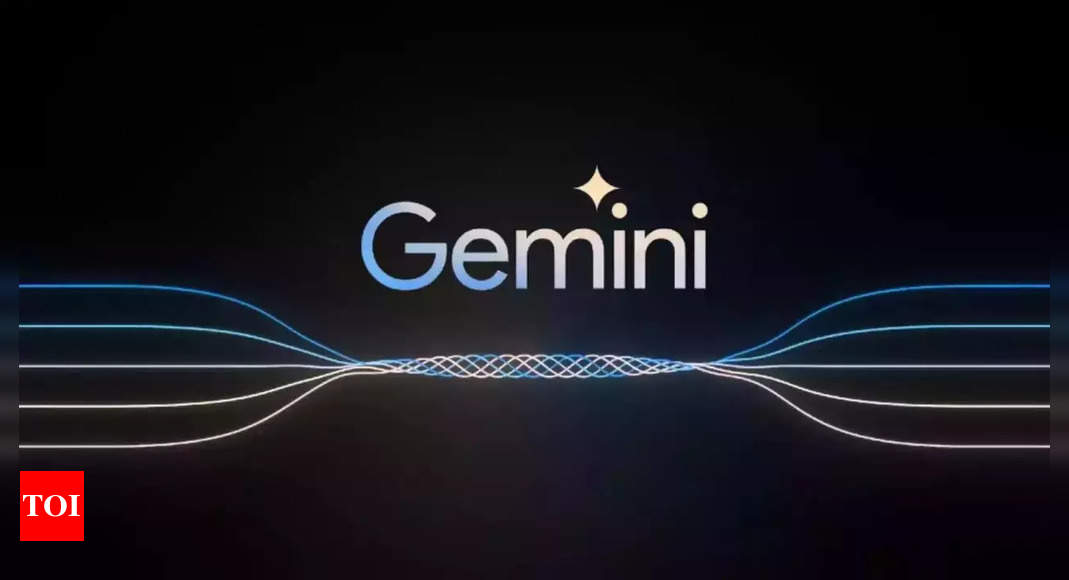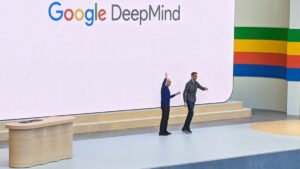Gemini AI Chatbot Lead Sissie Hsiao Resigns Immediately; CEO Memo to Employees Released

Leadership Shake-Up at Google’s AI Division
Google has made a significant change in its consumer AI applications division, reported by Semafor after examining internal communications. This decision comes as the landscape of artificial intelligence increasingly prioritizes product development over the underlying technologies. Sissie Hsiao, who led Google’s AI chatbot projects, including the transition from Bard to Gemini, is leaving her position immediately. Her successor, Josh Woodward, currently heads Google Labs and is recognized for successfully launching NotebookLM, a tool that transforms text into a podcast format.
Sissie Hsiao’s Departure
Sissie Hsiao has been with Google for an impressive 19 years. During this time, she played a key role in the company’s swift response to the rise of ChatGPT, which prompted Google to hasten the release of its AI tools. In her memo to staff regarding her departure, she referred to her time leading the team as "chapter 1" in the Bard/Gemini journey, expressing optimism about passing the baton to Woodward for "chapter 2." Hsiao plans to take a brief break before returning to the company in a different role.
Insight from Google DeepMind CEO
Demis Hassabis, CEO of Google DeepMind, addressed employees in a memo regarding this leadership transition. He outlined that the aim of this change is to "sharpen our focus on the next evolution of the Gemini app." Woodward will maintain his existing responsibilities as the head of Google Labs while also steering the future of the Gemini project. This indicates an intention to streamline Google’s focus and strengthen its position in the competitive AI market.
Google Gemini: The Journey So Far
A Gradual Progression
Despite being at the forefront of artificial intelligence research, particularly with transformer-based architectures, Google faced challenges as it rolled out its chatbot offerings. Early skepticism about AI’s reliability resulted in a careful approach, but the competitive nature of the technology landscape necessitated fast action. Unfortunately, the launch of the Bard chatbot was scrutinized for inaccuracies, often resulting in misleading information—referred to as "hallucinations."
Additionally, the Gemini image creation feature received criticism, especially from conservative groups, due to generating controversial and unintended images. These occurrences highlighted the challenges Google faced while trying to innovate rapidly in the AI space.
Significant Improvements
However, Google’s efforts are beginning to show fruit. Recently, reports indicated that Gemini 2.5 excelled in performance tests, surpassing competitors such as OpenAI and Anthropic in various AI benchmarks. The platform also scored high in user preferences on Chatbot Arena, a space where users evaluate and choose their favored large language models. These developments suggest that despite a rocky start, Google is making strides to refine its AI offerings and compete more effectively in the marketplace.
New Opportunities Ahead
The transition in leadership signifies not just a change at the top, but also an opportunity for Google to reevaluate its strategies and direction in the AI domain. With Josh Woodward at the helm, the future of Gemini could represent a new chapter of innovative developments that aim to address earlier criticisms while harnessing Google’s extensive resources in AI research.
By focusing on product advancement and user-centered design, Google is well-positioned to make a substantial impact in the evolving AI arena, pushing the boundaries of what artificial intelligence can achieve in consumer applications.






